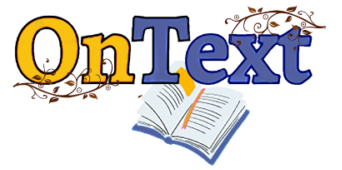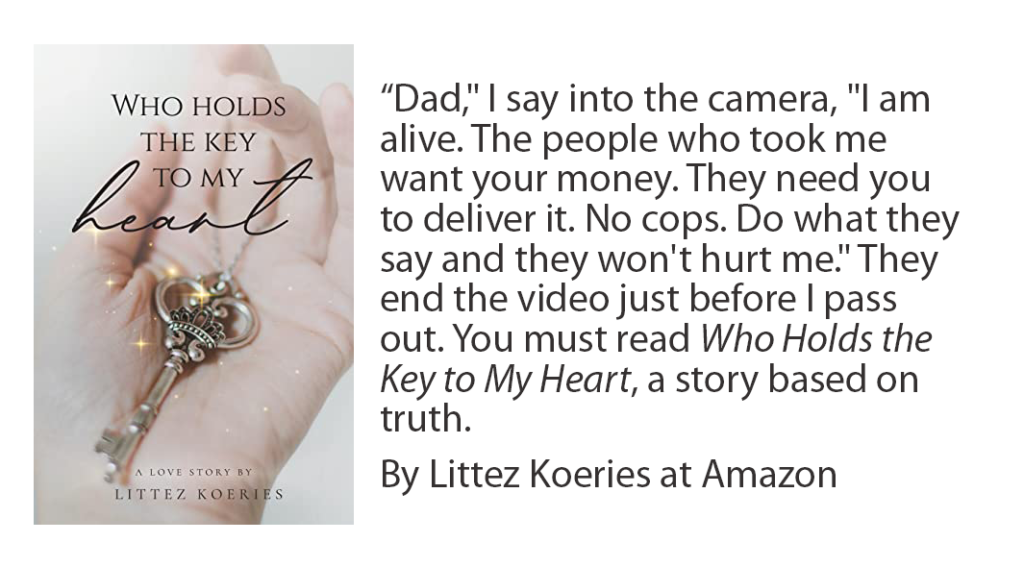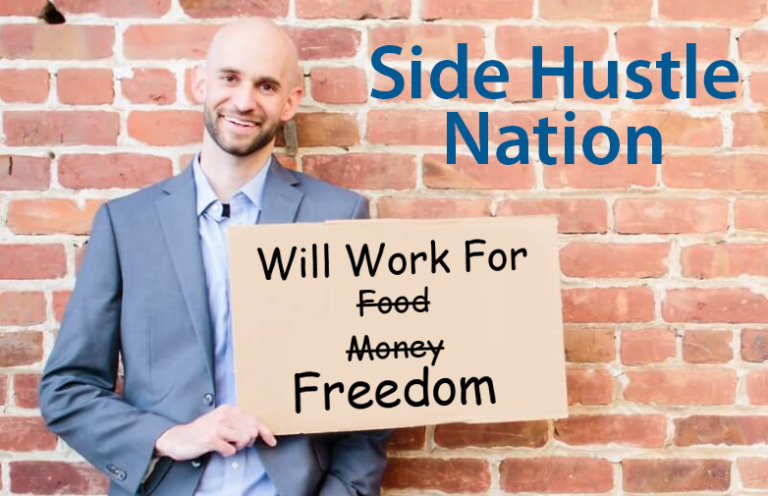Should the US Copyright Office keep protecting your digital creations?
The Digital Millennium Copyright Act renewal matters to anyone who makes content for digital use. This act impacts writers, illustrators, video producers, webmasters, and anyone whose creative work is available in digital form. DMCA is a US law that protects creative work, like movies, music, and books, from being copied or used without permission. It was enacted because the rise of the internet and digital technology made it easy for people to copy and share things online without giving credit to the original creators.
Unfortunately, the US has not enacted strong laws to protect all digital intellectual properties, but the rules we’re looking at here relate to work with added protections like digital rights management (DRM), a software copy protection system, encoding, encryption, or watermarking.
What is Digital Millennium Copyright Act renewal concerned with?
Section 1201 of the DMCA prohibits breaking into or bypassing technologies that circumvent access or copy controls. Creators put such technological measures in place to keep their work safe. So, if a movie has a special code that only lets people who paid for it watch it, it’s against the law to find a way around that code and watch it for free.
Section 1201 generally prohibits trafficking, that is, manufacturing and selling technologies used to circumvent access or copy controls. For example, if someone creates a tool that can unlock any protected digital book and lets people share it without permission, that’s illegal too.
The DMCA has exceptions that allow certain activities, like security research or making old software work on new computers, even if they involve breaking the locks.
Do you want tighter or looser protections for your intellectual properties?
In simple terms, the law theoretically makes sure people respect copyright laws and don’t try to cheat or steal creative work. The rules don’t have teeth, and enforcement is cumbersome. Some wonder about balance and fairness for everyone involved. Creatives generally perceive Section 1201 as a good thing because it helps protect their work. But others have concerns that it might be too strict and restricts certain uses of copyrighted material like fair use.
Therefore, the United States Copyright Office is starting its process to decide on how to structure Digital Millennium Copyright Act renewal. Should they keep exceptions to rules that prevent people from bypassing technological protections? The deadlines for public input are:
- In favor of renewing existing exceptions, submit your request before July 7, 2023.
- Comment on any renewal requests or propose new exceptions, submit your comments before August 11, 2023.
The office seeks to make it easier for people to keep the exceptions granted in 1998. Upon renewal, they will be valid for three more years (October 2024–October 2027). Stakeholders who want to keep these exceptions can submit a request or petition. Those who disagree with the exceptions can also share their opinions.
The Copyright Office is accepting requests for revising exceptions that allow people to do things currently prohibited. These requests can propose new ideas or expand on existing exceptions since the Copyright Office is seeking public input. They will consider written comments, petitions, and online public hearings.
How to be heard before Digital Millennium Copyright Act renewal
To participate in this process, there are some important dates to remember. If you want to renew existing exceptions, you need to submit your request before July 7, 2023. If you want to comment on any renewal requests or propose new exceptions, you need to submit your comments before August 11, 2023.
To submit your requests or comments, use the links provided above for the forms and more information about the process. The forms are submitted are done electronically through a website called regulations.gov, which we found difficult to navigate.
If you need more information, contact the Copyright Office. Rhea Efthimiadis, Assistant to the General Counsel, by email at meft@copyright.gov or telephone at 202–707–8350.
Learn more
A Legal Overview Slideshow of Section 1201




